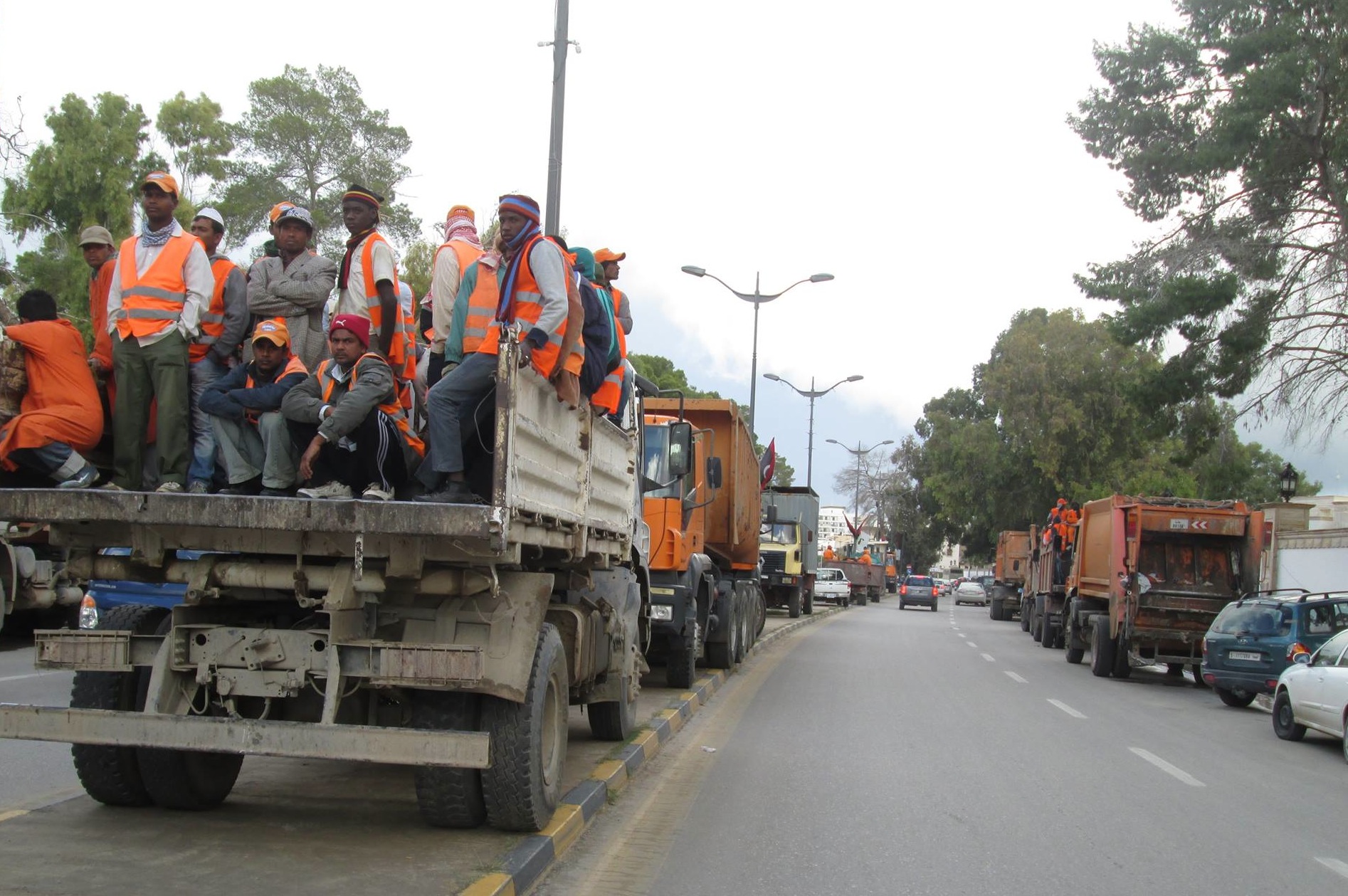By Libya Herald staff.
Tripoli, 26 November 2013:
The EU is looking to resume talks with Libya, suspended since the revolution, on the . . .[restrict]a trade and cooperation agreement, modelled on the deals it has with other states close to its borders.
Meanwhile it has just produced two financial packages, worth a total of €15 million, the first aiming to help businesses get off the ground and the second to promote the protection of the vulnerable.
The €10 million commercial funding is in part targeting micro, small and medium-size enterprises (MSME). The EU says that it will be setting up “widely accessible and relevant” support services, for firms that are seeking to expand. A focus on job-creation, particularly for women and young people will, it says, promote a dynamic and diversified private sector.
However part of this money will pay for the technical expertise to help the Libyan government work on the EU Framework Agreement, which will cover all Libyan-EU relations, including trade and economic cooperation.
The smaller €5 million tranche for the Protection of vulnerable people in Libya looks to ensure that detainees are housed and treated in line with international standards. There is also funding earmarked for psychosocial rehabilitation and mental health services. The ambition is to help Libya reach out to at-risk groups, in particular the socially and economically disadvantaged, internally displaced people and minorities.
The EU cites its 2012 report which found the problems “dire” for minority groups such as the Tawergha, the Meshashia and the Tuareg.
It notes: “As of March 2013, the Libyan Relief Agency (LibAid), reported 74,802 Internally Displaced Persons (IDPs), most of whom of Tawarghan origin, living in urban settings and camp-like settings in and around Tripoli, the Nafusa Mountains and Benghazi, and in detention”.
The EU says that, excluding €80.5 million humanitarian assistance it provided in 2012, Brussels’ total programme in Libya now stands at €95 million. [/restrict]








